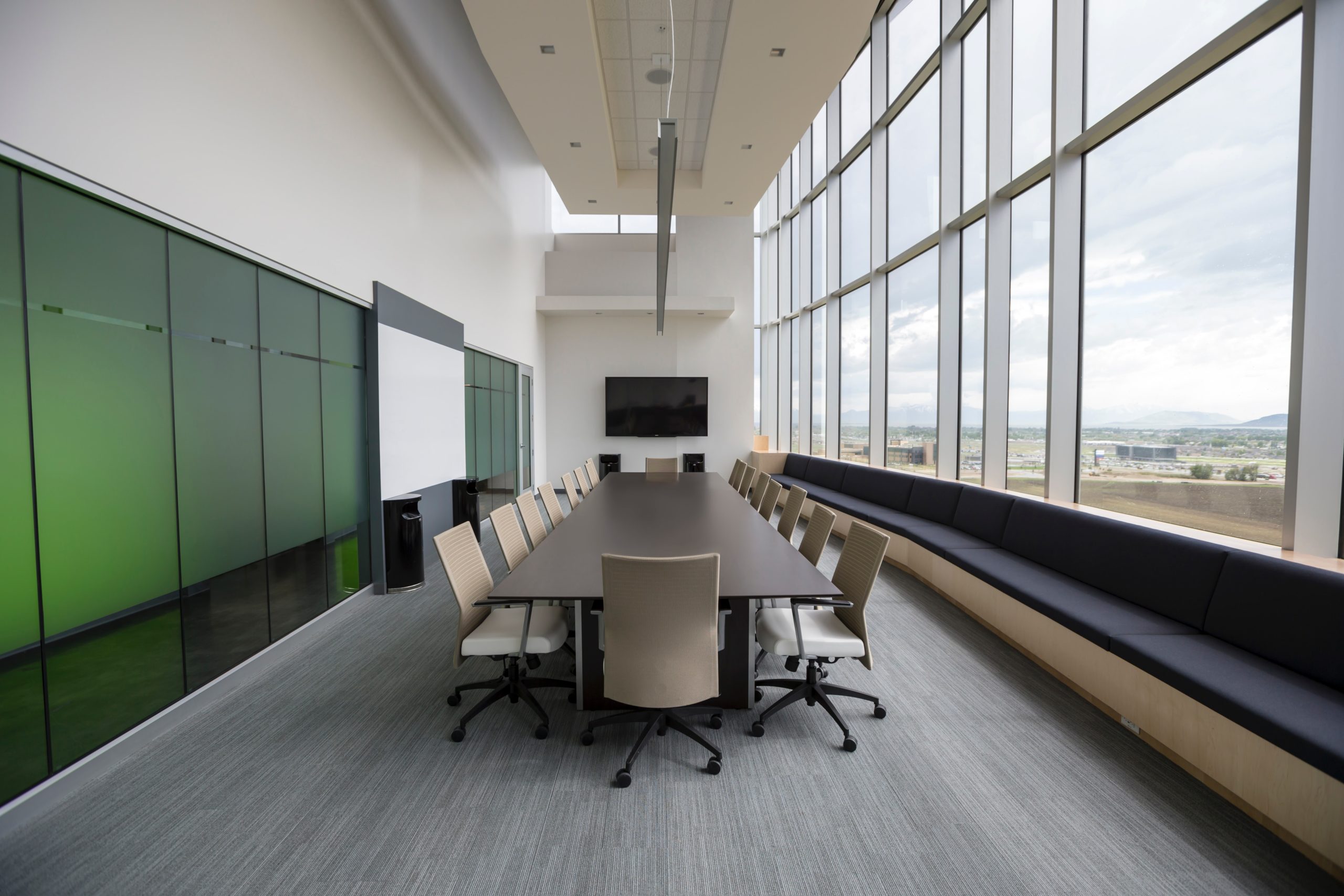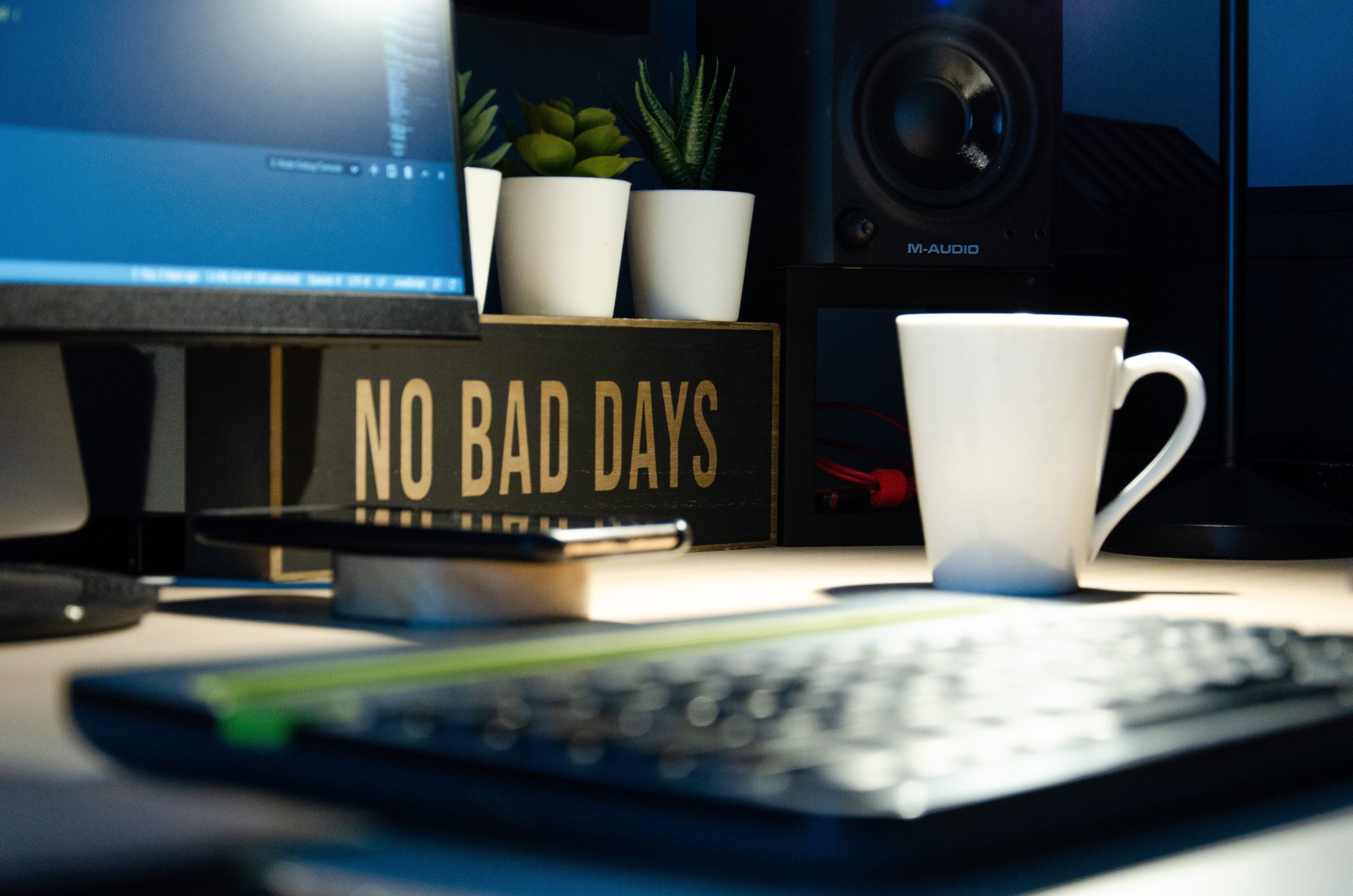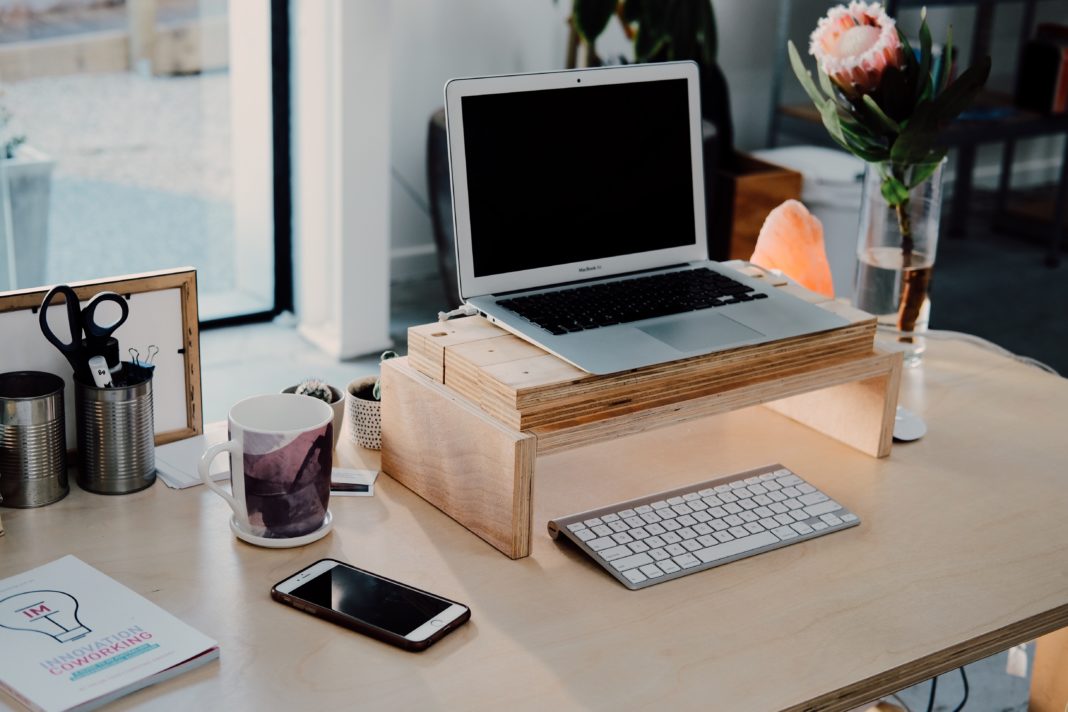Richard Branson once said, “Every success story is a tale of constant adaption, revision and change.”
One of the biggest shifts in work life to come from the Pandemic is people having the confidence to embrace adaption, revision and change – this era is being appropriately dubbed “The Big Reset”.
The everyday mundanity of commuting to the office from 9 to 5, being time poor and accounting for every minute, was a way of life that most people accepted without question.
Few of us felt that change was within our grasp, lacking the means to balance an unbalanced life. In the post-Pandemic work life, balance will no longer be a dream, it will be an expectation.
With this forced change, whilst initially a shock, many people have seen advantages and embraced a new pattern of working, not only via new technology but by adapting to a whole different work ethic and environment.
Research shows that only 9% of the UK population want to return to office working entirely and 91% want to continue working from home. This new way of life will highlight those who are driven and hard-working, and those who are not. Employers are bound to see new patterns of behaviour and productivity among their staff.

Some challenges of working at home can feel insurmountable – bored toddlers, baby crying, housework beckoning, WIFI inadequate – this list goes on; however, many people have found ways to overcome these issues, striking a new life balance that is far healthier and more flexible, and asking their employers for what they need.
In some respects, the shift away from offices will level the playing field among staff. Office hierarchy is often clearly mapped out by office space – large offices for those in command and perhaps cubicles for the workforce. Likewise in meeting rooms, those with more authority will sit at the head of the table and have control of the room.
Now that meetings are held online, there is a sense of equality – we are all just faces on a screen, able to keep our surroundings out of the picture if we wish. The effects on gender equality are still in question; there is concern that women at home with children are at a disadvantage, being expected to manage domesticity alongside their work.
Here are some of the major ways in which working from home has changed us:
We are Time Rich
Hours have been gained without the commute to and from an office. This time can be used productively whether for work or personal tasks.
We are less Stressed
Catching trains, running to meetings, fighting traffic – all of these daily occurrences added to high stress levels, affecting health and happiness.
We are focussed on Health
People are taking time to exercise, be outside, stress is diminished and healthy food can be prepared instead of grabbing something on the go.


We have new Routines
We are no longer stuck on the hamster wheel, doing the same thing every day. We have implemented new routines in order to juggle the blending of home and work environment. It is well-documented that new routines and breaking habits are positive for mental health.
We are learning new Skills
Many of us can now see that the sky is the limit when it comes to changing and growing. Some new skills have been necessary in order to work remotely and others have been chosen in order to make our careers exactly what we want them to be.
We can move Home
Without an office to anchor you, your home can be anywhere. People can now move out of expensive cities and into environments that suit their family better. Choices are driven by desire rather than necessity.
Success has a different Meaning
Being the first in the office and the last to leave was traditionally the best way to show your boss that you were committed. Success and commitment were measured by hours at your desk, being available on evenings and weekends and even putting the job before your family. With home and flexible working, productivity is the means by which your performance is measured.
We feel empowered to make Choices
You may have spent years in a mundane, repetitive job – doing the same thing day in and day out without question. Doing that same role in your home will inevitably make you question why you haven’t changed it. At home we have choices, it is our own space and we wouldn’t choose to sit and process data all day long if we didn’t have to. This change of environment has sparked a change in limitations to what we will accept as the norm.
The office work environment has come a long way in the past 30 years; from power suits and 60-hour weeks, to casual clothes and focus on mental health. However, in 3 decades of gradual change and progress, the past 12 months have seen the most significant.
Not only has the shift changed lifestyle objectives, but it will change the landscape of cities and central business districts forever. Buildings will sit empty as companies no longer need to pay high rent for office space; roads will be clearer as workers no longer commute. Service industries that rely on the footfall of traditional way of work life, will suffer insurmountable losses.
It is early on in this new world and many unforeseen consequences will come to light over the next few years. Working from home will affect everyone in some way or another and whether we embrace or reject it, it offers all of us the opportunity to reassess our lives.





